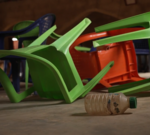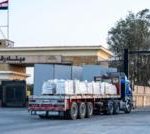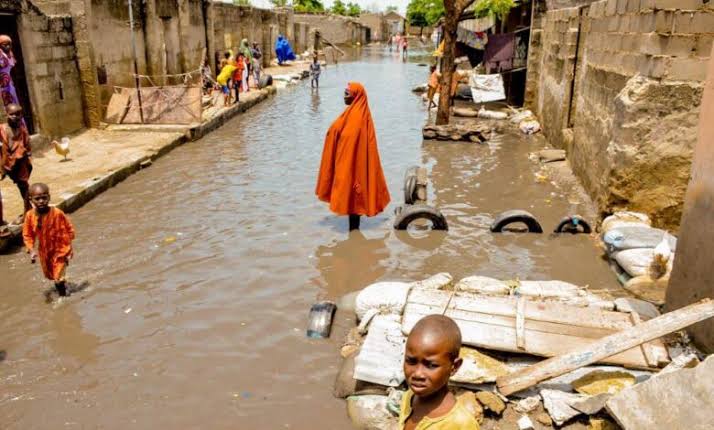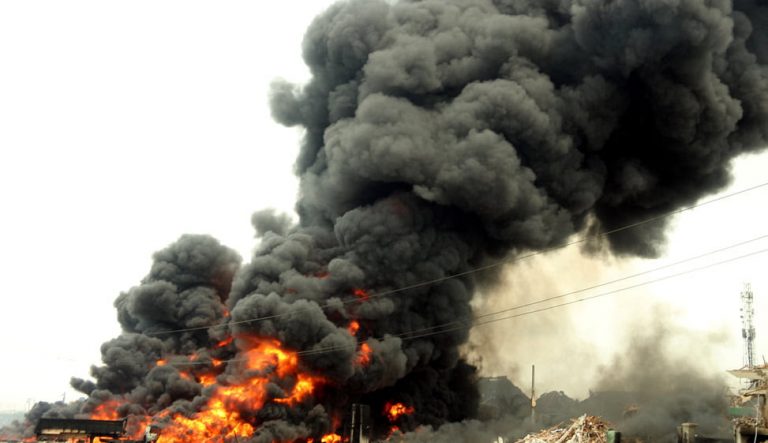Maiduguri, the capital of Borno State in northeastern Nigeria, is grappling with the worst floods in three decades following the collapse of the Alau Dam on September 10. The reservoir, situated approximately 20 kilometers south of the city, failed due to heavy rains that have battered the region since late August.
According to a statement from the Diocese of Maiduguri on Facebook, the floods have severely impacted the area, causing widespread devastation. The diocese reports a dire situation with insufficient food, shelter, and sanitation for displaced residents. Government shelters have been reopened but are overwhelmed by the large influx of people seeking refuge.


The flooding has also led to several alarming incidents. The Islamic cemetery has been inundated, and there are reports of victims floating in the water that has submerged the streets. Additionally, the local wildlife park has been affected, with dangerous animals now roaming the city. There are also reports of a prison break.
The disaster has further strained the city’s infrastructure, with the sewage system having burst, raising concerns about potential epidemic outbreaks. Water has also inundated hospitals, including the University Hospital, compounding the crisis. The Maiduguri Cathedral has been flooded, and major markets, including those selling grains, fruits, and vegetables, have been disrupted, leading to severe food shortages and soaring prices.

The Diocese of Maiduguri has appealed for prayers and support to aid those affected by the floods. The Alau Dam, constructed in 1986, was designed to support local agriculture and manage floods from the Ngadda River, but its failure has led to catastrophic consequences for the region.















